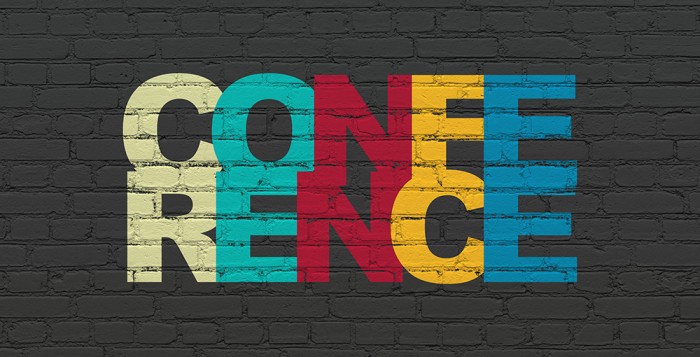The Juvenile Court Judges’ Commission and the JCJC Awards Committee are pleased to announce that nominations are now being accepted for the 2020 JCJC Awards Program. This year’s categories for which your program may be eligible include:
RESIDENTIAL PROGRAM OF THE YEAR – a public or private sector program serving alleged and/or adjudicated delinquent youth in a residential setting. This includes foster homes, group homes, residential treatment programs, general child care facilities, shelter care facilities, detention centers, independent living programs, and other programs providing out-of-home, overnight care to children. Please note that previous award winners, with respect to this category only, became eligible for nomination beginning in 2015. Access the nomination form.
COMMUNITY BASED PROGRAM OF THE YEAR – a public or private sector program, not operated by the Court, which provides community-based, non-residential care to alleged and/or adjudicated delinquent youth, including but not limited to, day treatment programs, in-home services, Boys and Girls Clubs, and outpatient services. Access the nomination form.
MERITORIOUS SERVICE AWARD – a volunteer committed to furthering the development of youth in the juvenile justice system who is not receiving remuneration for working with alleged and/or delinquent children. Access the nomination form.
As in previous years, all nominations must be submitted by county juvenile probation departments. Therefore, if you would like to have your program or volunteer nominated, please contact a Chief Juvenile Probation Officer to discuss the possibility of submitting a nomination. Formal nomination materials must be postmarked by May 1, 2020.
YOUTH AWARDS
In addition, the Juvenile Court Judges’ Commission will once again sponsor a Youth Awards Program as part of this year’s Annual Training and Awards Program to honor the youth selected as winners. The Youth Awards Committee is accepting nominations for the Outstanding Achievement Contest and the Creative Expression Contest, both of which are described below. Please note that in an effort to recognize the expanding and creative artistic talent of youth, the Creative Expression Contest category will once again include either a Written, Poster, or Video entry in two age categories; 15 & under, and 16 & over. The requirements of each nomination are listed below and included in the nomination forms. Please note that these forms will also be available shortly on the JCJC website. This year’s theme is “2020 I Can See Change.” The winners and their chaperones will be honored guests at the 2020 Youth Awards Program and Dinner. Individuals submitting nominations will be responsible for ensuring that winners attend the Youth Awards Program. Winners will have the opportunity to say a few words upon receiving their awards. All nominations must be postmarked by May 1, 2020.
OUTSTANDING ACHIEVEMENT CONTEST:
The Outstanding Achievement Contest consists of a narrative description of a youth’s outstanding qualities of community service, victim reparation, academic accomplishments, citizenship, attitude, extra-curricular activities, peer relationships, and positive changes in behavior, submitted by a counselor, teacher, or juvenile probation officer. Access the entry form.
CREATIVE EXPRESSION CONTEST:
The Creative Expression Contest submission consists of a Poster, no larger than 22” H X 28” W with a 1” border as a picture, drawing, painting, or collage; or a Written essay, poem, story, etc. entry typed and limited to one page in length; or a Video entry on a USB Flash Drive, DVD, or CD, in an mpeg, mov, wmv, mp3, or avi format of no longer than 2 minutes. This contest has a 15 & under category and a 16 & over category. Access the entry form.
The Awards Committee encourages you to present the Youth Awards theme and requirements to the youth in your program for their participation in the contest.
Thank you for your interest and support of the 2020 JCJC Awards Program. Please contact Keysla Rodriguez at 717-783-8960 or by email if you have any questions or need assistance.
If you have any further questions, please contact RCPA Children’s Director Jim Sharp.
















